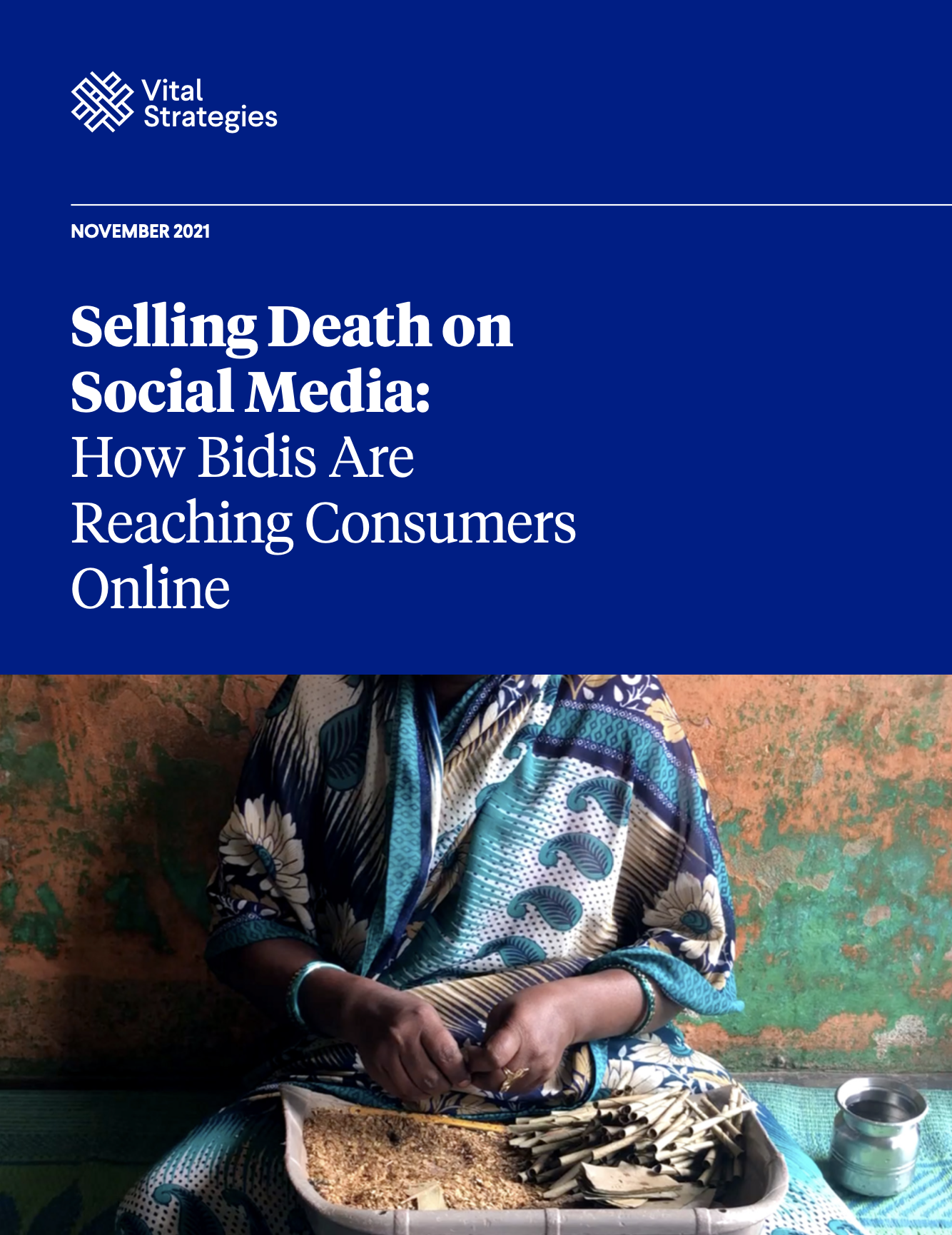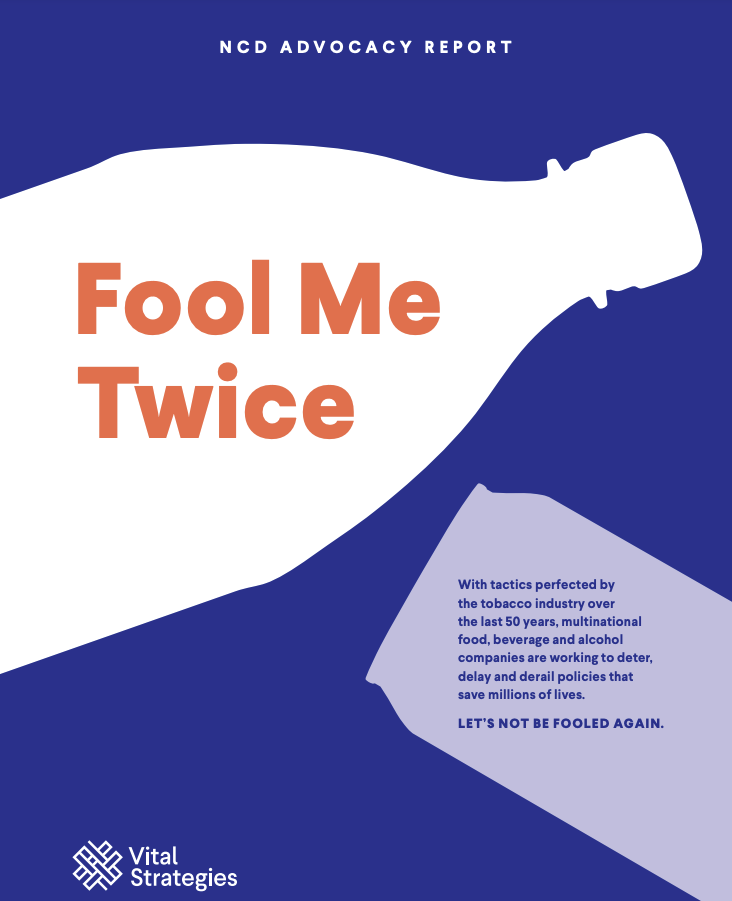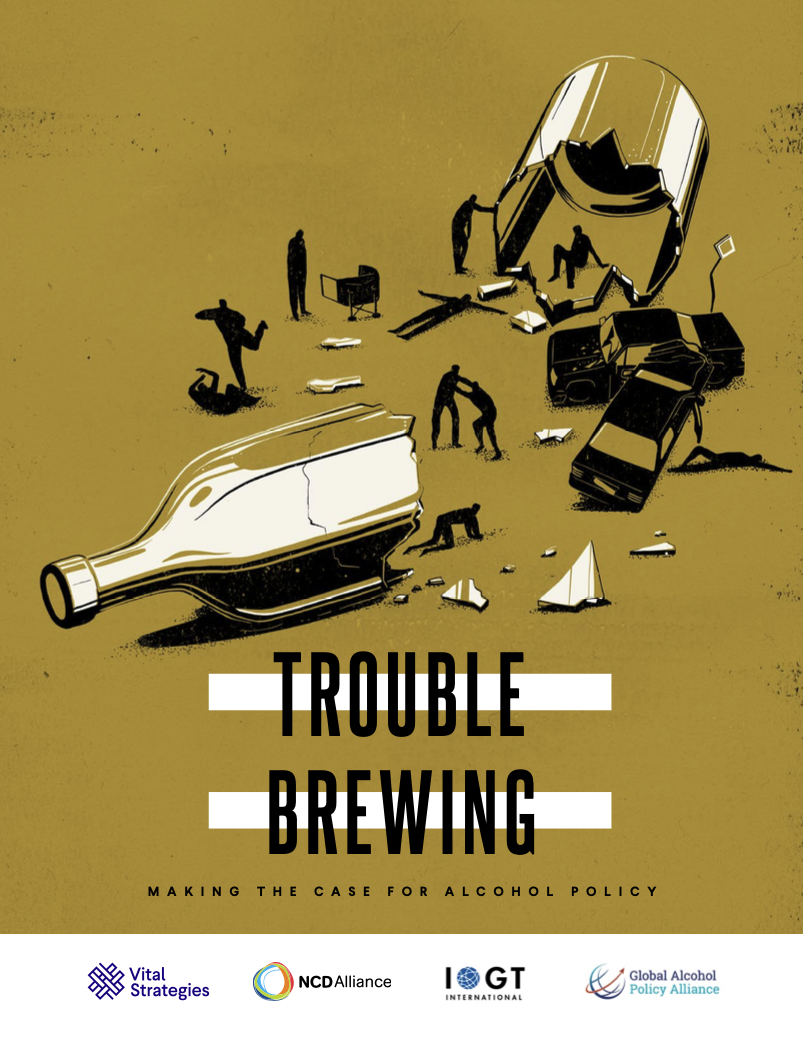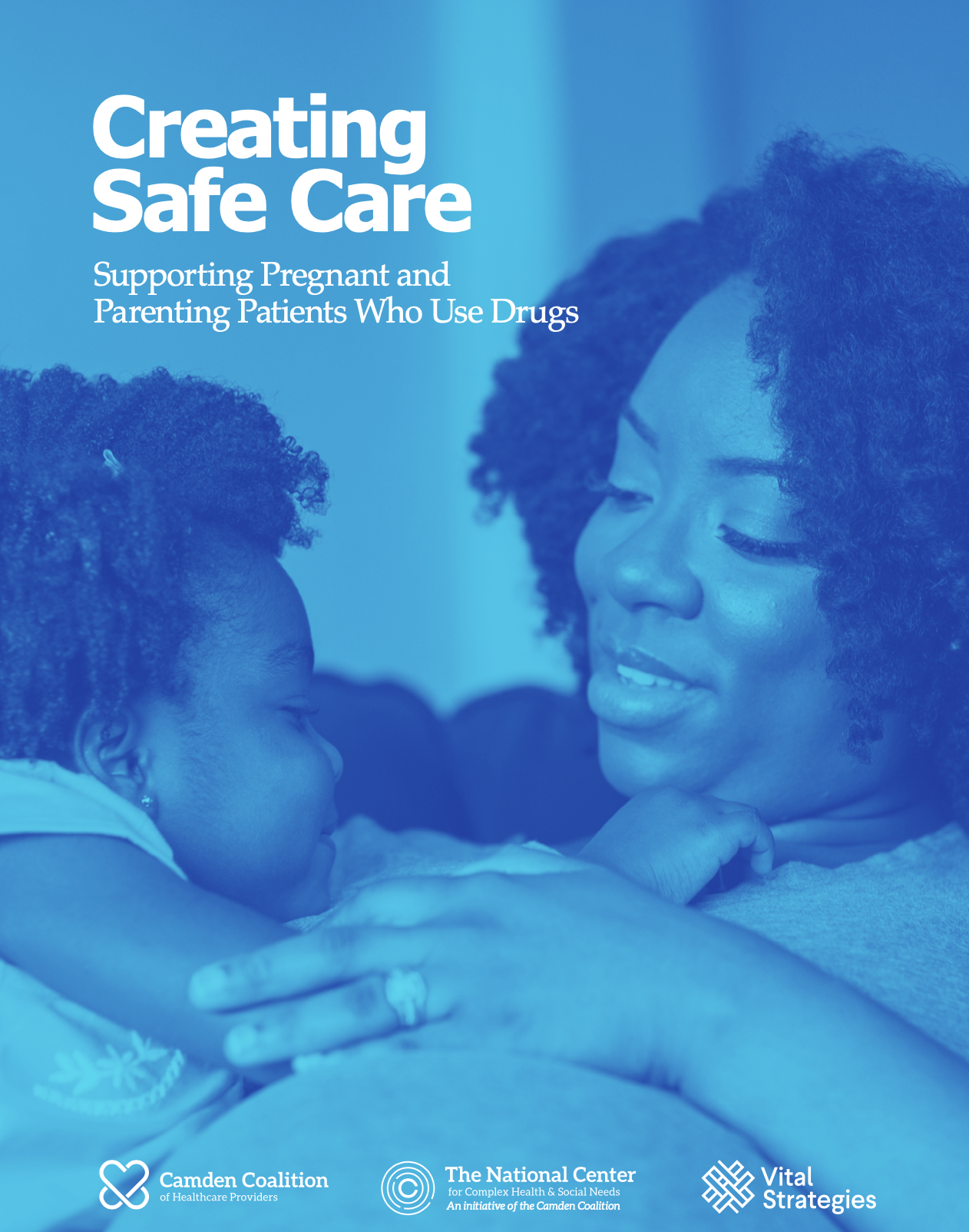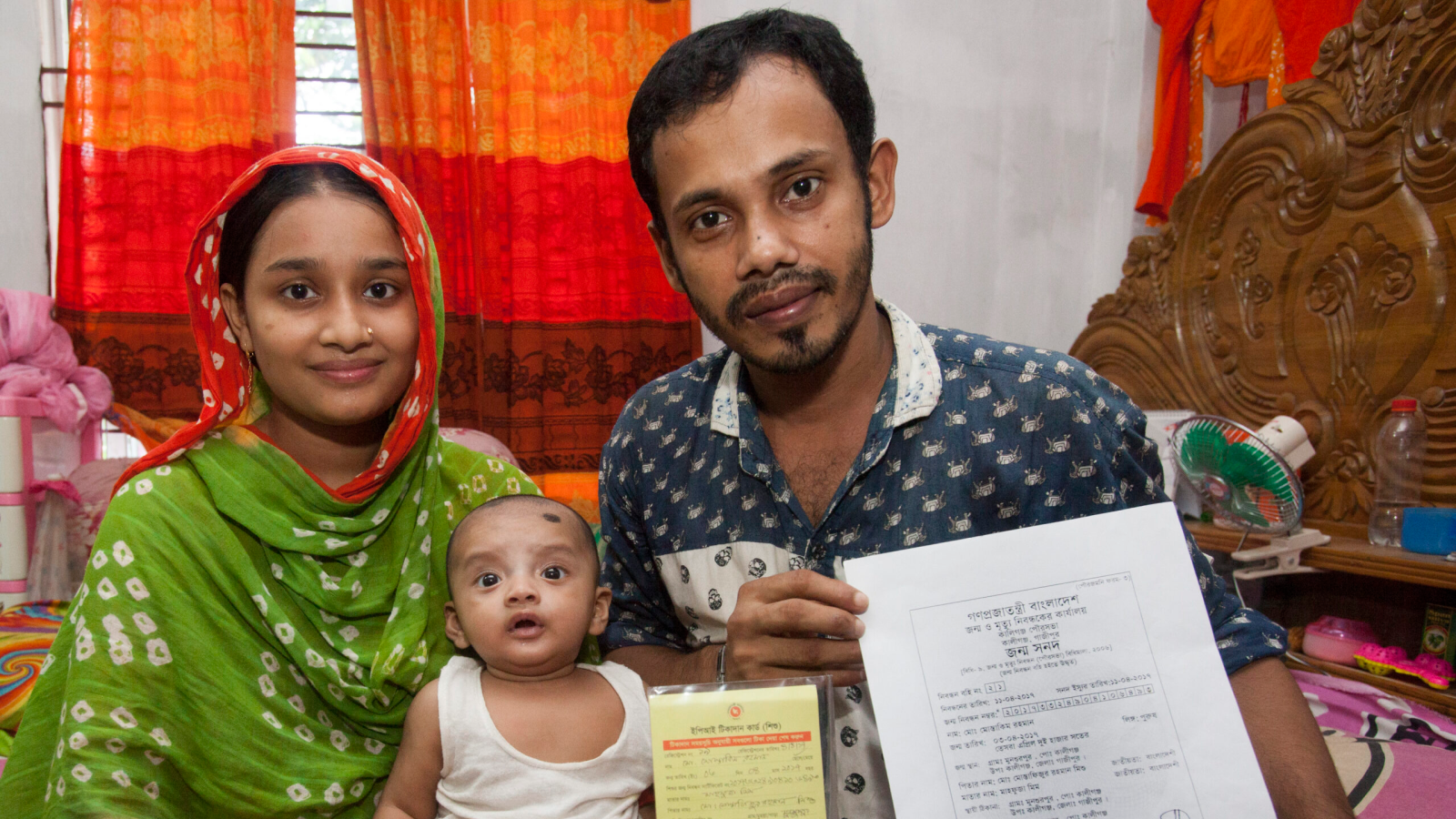Industries target populations already experiencing inequities and worsen health outcomes for those already experiencing bias—in particular women and girls.
Together with a range of partners, our alcohol policy, tobacco control, and food policy programs advance proven strategies to disrupt industry attempts to push people toward harmful behaviors, while exposing and addressing the gender dimensions of these insidious efforts.
RESET Alcohol
Alcohol is a leading driver of global mortality and morbidity, contributing to millions of deaths each year. Often the underlying gender dimensions that connect alcohol consumption with various causes of deaths—from liver disease, heart disease, cancer, violence, vehicle crashes, falls, tuberculosis, HIV/ AIDS, and other conditions—are overlooked. These gender dimensions differentially harm women, men and children and contribute to substantial adverse social and economic effects on them and their communities.
Currently, global rates of alcohol use are driven by male consumption. Data show that this is shifting in the younger generation, where consumption rates are roughly equal in young men and women aged 15 to 24. RESET Alcohol supports countries to implement cost-effective gender-mainstreamed policies that will reset the alcohol environment, cut harms and reduce consumption among all genders, including young women who are the specific targets of “pinkwashing” campaigns that glamourize alcohol use.
Effective efforts to reduce alcohol consumption require sustained government commitment and public support. By focusing on evidence-based best buys that curb alcohol use, RESET aims to ensure that people either drink less or abstain altogether. The resulting benefits include reduced death and disease, decreased violence, and greater stability for women, men, and children.

RESET Brazil rolls out its strategic communication campaign to raise alcohol taxes.
Tobacco
Women are a growth market for the tobacco industry. Our team works to expose tobacco industry behavior that specifically targets women with the goal of getting them to initiate smoking or other tobacco products. Through media, work with policy makers and storytelling, STOP highlights and pushes back on the strategies the tobacco industry uses to target women and other groups, including LGBTQ and indigenous populations. STOP’s goal is to uncover tobacco industry behavior that undermines policies that reduce tobacco use across all populations. We specifically work on content development, investigation and human-interest documentation that shows how the industry falsely portrays itself as a supporter of women’s issues and women’s rights, while in fact threatening their health and wellbeing by trying to turn them into lifelong customers.

Still from “Tobacco Slave”, released by the Tobacco Control Research Group at the University of Bath and STOP, directed by award-winning filmmaker Prof. Roy Maconachie. Credit: Tobacco Control Research Group, University of Bath.
Food Policy
In many countries around the world, women are disproportionately harmed by the food environment. They are often in charge of providing meals and doing weekly food shopping so are the targets of campaigns to purchase and prepare unhealthy food products for themselves and their families. Vital Strategies provides technical assistance to partners in Barbados, Brazil, Colombia, Jamaica, and South Africa to support their healthy food policy goals. We work with a range of partners to acknowledge the system wide inequities in food availability and distribution and design programs and guides with women in mind as both the decision makers when it comes to food and also the intended audience for improved, health-oriented policies.
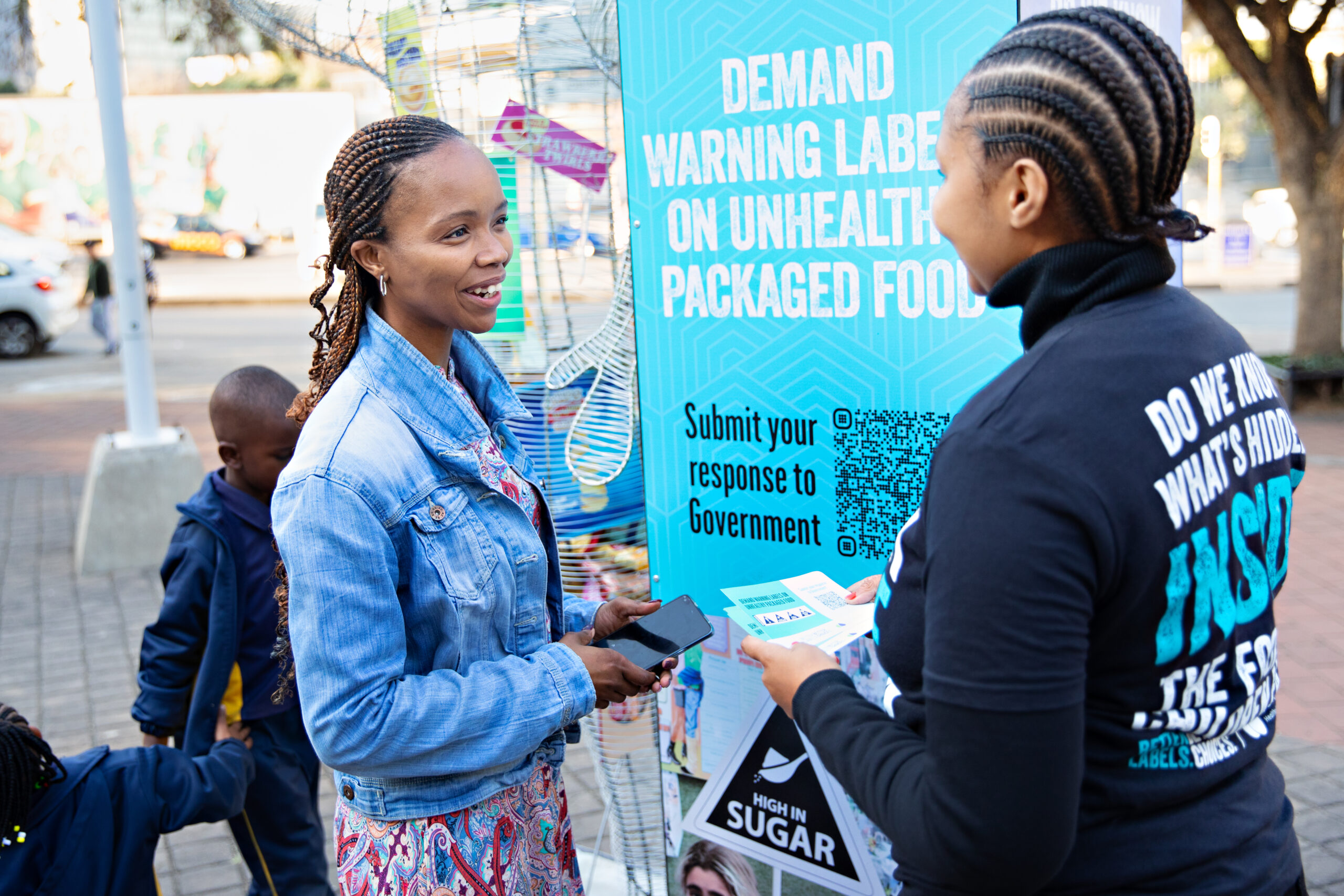
Advocates at “Wired Kids” Front-of-Package Labels Campaign Activation Launch in South Africa.
Latest News from Gender Equity View all
Get Our Latest Public Health News
Join our email list and be the first to know about our public health news, publications and interviews with experts.

